We often get stressed when we hear or see the word ‘Cholesterol’. But our body needs some amount of cholesterol for our body functions. So, what is cholesterol? It is a fatty substance in every body cell responsible for making vitamin D and balancing hormones. While it’s good in healthy amounts, high cholesterol can lead to severe health consequences, including heart attacks and strokes.
What you need to know:
Effects of high cholesterol on the body
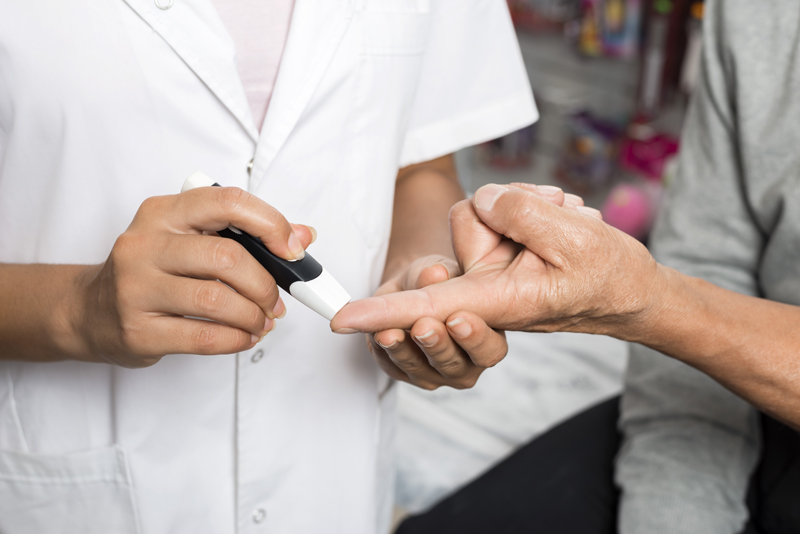

Here are some of the effects of high cholesterol that impacts our body:
- Heart disease:
One of the most common effects of high cholesterol is the rise in heart-related issues. Too much cholesterol, when accumulated in your arteries, forms plaque that narrows them down. Because the arteries are narrowed, blood flow is reduced, which can result in a heart attack at some point if it is not addressed. In such cases, a family should be careful with food intake – avoid anything too oily and reduce stress. Cholesterol can become a family issue in no time, so it is essential to support each other.
- Stroke:
High cholesterol may lead to diabetes as you gain weight and disrupt your body’s regular digestive function. Also, too much fat impairs the body’s ability to produce enough insulin to regulate blood sugar. Uncontrolled diabetes can lead to a stroke, kidney disease and more. Ensure that you keep your family safe and get regular checkups and tests done, especially for the elders at home.
- Peripheral artery disease:
Atherosclerosis is the buildup of fats, cholesterol and other substances in and on the artery walls. This buildup is called plaque, which can make your arteries narrower. The plaque can cause arteries to narrow, blocking the natural flow of blood throughout your body.
Atherosclerosis can lead to peripheral artery disease (PAD), which is dangerous as it often comes with no symptoms. When your peripheral arteries are at least 60% blocked, you may experience intermittent claudication. It is a leg cramp that occurs when your muscles are physically active. PAD can cause a lot of pain and health problems in your legs and other parts of your body, as most of the blood vessels in your body are connected through your cardiovascular system.
- Angina:
Excess plaque buildup in your coronary arteries can disrupt the oxygen-rich blood flow to your heart muscles. This causes a chest pain known as angina, a temporary blood flow disruption. Angina can be an early sign of a heart attack as a piece of plaque breaks and forms a clot, or an artery can get narrowed down, causing your blood flow to your heart to stop, which may cause a heart stroke.
- Stroke:
A stroke occurs when blood flow to your brain is disrupted. It’s known as carotid artery disease, when atherosclerosis disrupts your carotid arteries. The carotid arteries carry blood to the frontal part of your brain. When plaque narrows carotid arteries, your brain won’t get enough oxygen. Carotid artery disease can cause transient ischemic attack (mini-stroke) or strokes.
- Blindness:
Elevated cholesterol levels may block tiny blood vessels in the eyes, resulting in partial and even complete vision loss. Managing cholesterol is crucial for preventing the progression of eye diseases, such as macular degeneration (an eye disease that affects your central vision).
- Kidney disease:
High cholesterol can lead to plaque formation in your arteries (atherosclerosis), which reduces blood flow to your kidneys. Reduced kidney function disrupts the removal of waste products from the blood, leading to chronic kidney disease, which can exacerbate several health issues like hypertension and fluid retention.
- Alzheimer’s disease:
High cholesterol levels can increase the formation of beta-amyloid plaques in the brain. These plaques can cause the loss and damage of neurons. This is also associated with cognitive decline.
How to lower your cholesterol levels?
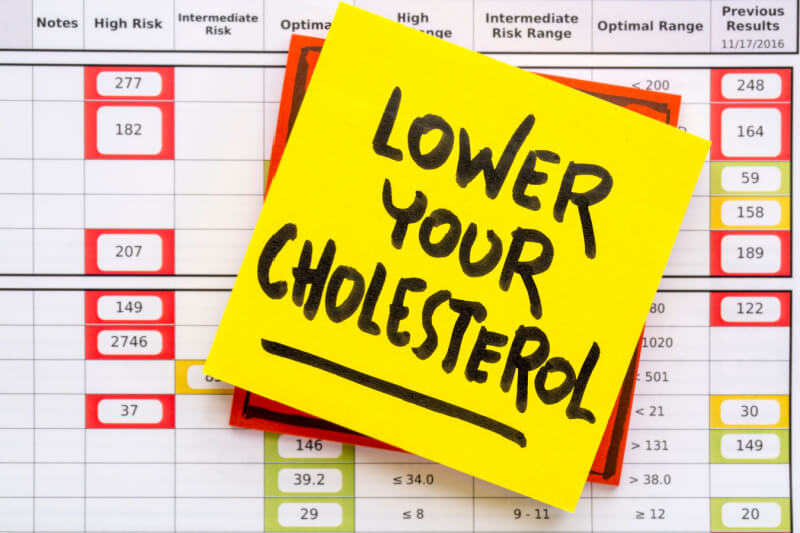

Here are some of the lifestyle changes that you can incorporate in your daily life to lower your cholesterol levels:
- Eat a healthy diet:
Everything you eat affects your health. To reduce your cholesterol levels, foods full of saturated and trans fats should be off the menu. Avoid red meat and opt for Omega-3-rich fish, such as salmon. Add fiber-rich foods (especially soluble fiber) like fruits and vegetables to your daily diet. Add oats to your diet as they bind with the bile acid in your gastrointestinal tract and protect the heart against LDL cholesterol. A dash of olive oil for cooking can greatly benefit your heart.
- Incorporate physical activities:
Physical activities are essential for everyone as they reduce your “bad” (LDL) cholesterol level and raise your “good” (HDL) cholesterol levels. Start incorporating 30-45 minutes of exercise into your daily routine. This could be walking while talking and after meals at home or in your office space, climbing stairs instead of taking the elevator, or even trying a few yoga exercises at home. You can either join a gym for proper guidance and equipment or create a mini gym at home. Dumbbells, Bosu balls, skipping ropes, and resistance ropes can help you get started. Exercising, doing Zumba, or practising yoga can be a stress buster for mental and physical well-being.
- Quit smoking and caffeine:
Smoking and a high caffeine intake significantly contribute to high cholesterol levels. Smoking lowers HDL cholesterol and injures the lining of the blood vessels, increasing the risk of blood clots. Quitting smoking is a complex process. Practising mindfulness meditation and yoga can also help you get rid of your urge to smoke. If you remain consistent, you will start seeing the results quite soon.
Regular health screenings are essential to avoid high cholesterol levels, especially if you have a genetic history of heart disease or high cholesterol levels. Schedule a lipid panel test biannually to check your heart health. Ask your family members, friends and relatives to do the same. Implement these methods to enhance your well-being.
Stay tuned to the Activ Living Community. Keep up to date with the latest health tips and trends through expert videos, podcasts, articles, and much more in nutrition, fitness, mindfulness, and lifestyle conditions like Asthma, Blood Pressure, Cholesterol, and Diabetes.
You may also be interested in the following blogs:
- How Can You Lower The Level Of Bad Cholesterol This Summer Season?
- Control Your Cholesterol. Know How You Can Reduce LDL Cholesterol Levels
Popular Searches
How to lower blood pressure | Fruits good for liver | Unhealthy foods | Ragi Benefits | Basal Metabolic Rate | Acupressure points for High Blood Pressure | Ayurvedic medicine for blood pressure | How to control cholesterol at home | Homeopathy for Asthma | Biological Age | Home remedies for TB | Natural beta blockers | Negative effects of internet | Types of walking | Blood pressure calculator | Blood sugar calculator | BMI Calculator












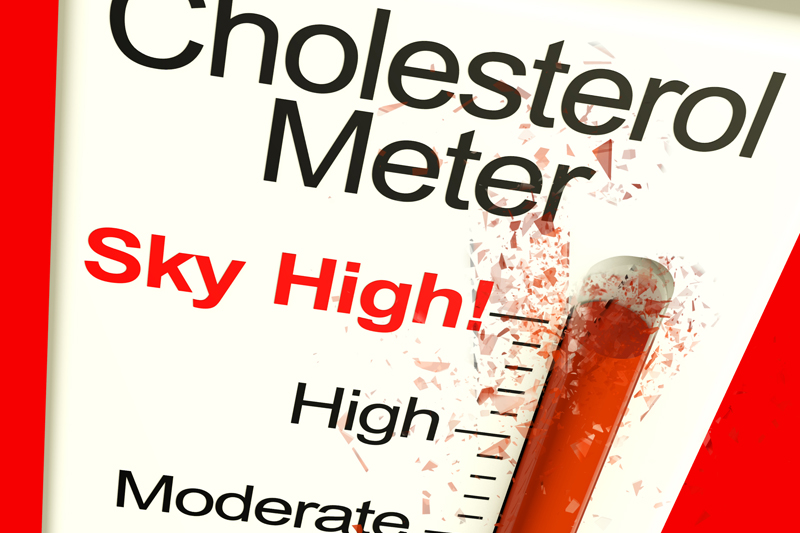

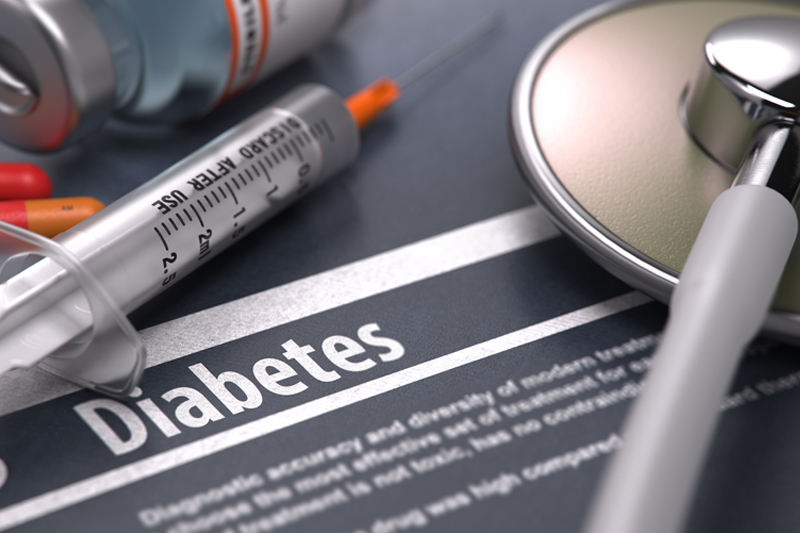

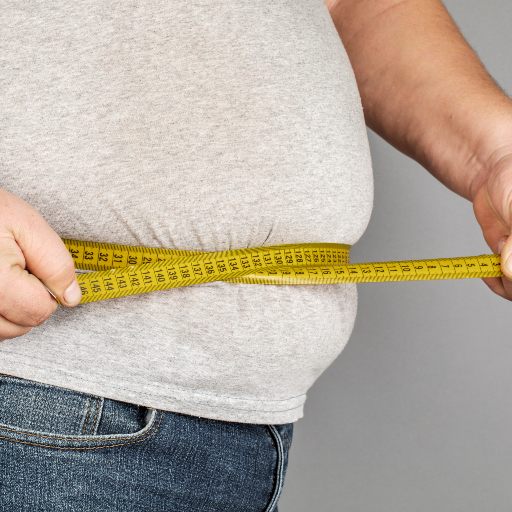

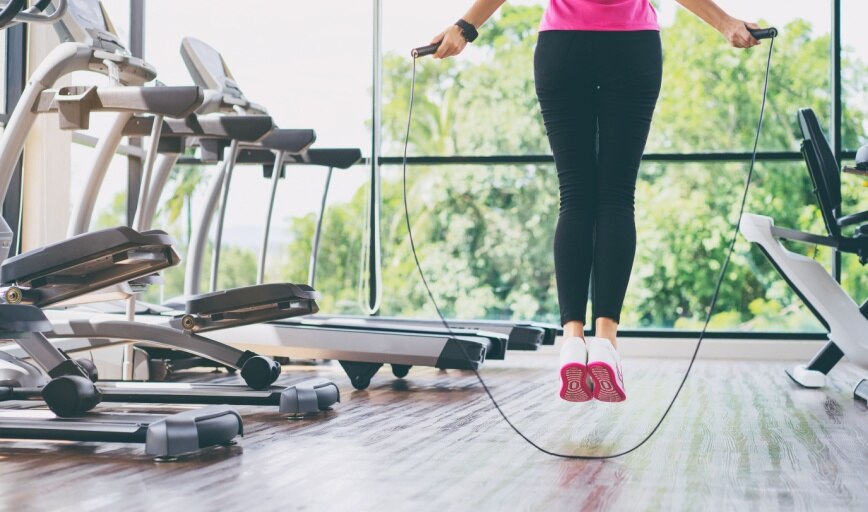

Info very well considered!!
That was worth of my time. Thank you so much for sharing.